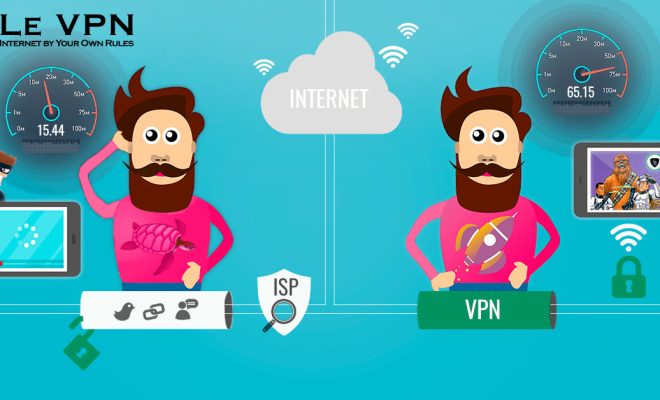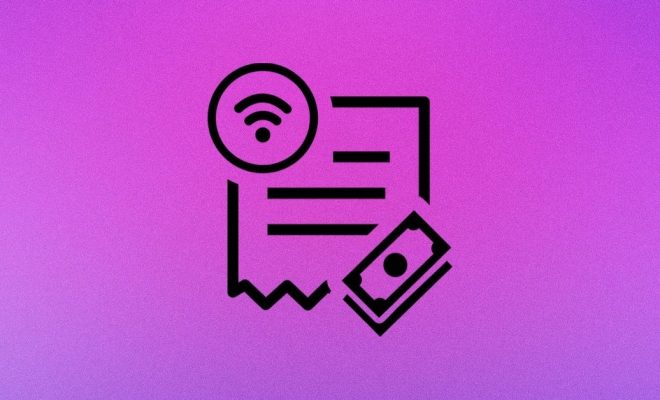Which Internet Services Have Data Caps?

In today’s digital age, data usage has become an important consideration for consumers searching for an internet service provider (ISP). Some ISPs implement data caps, which are monthly limits on the amount of data a customer can use. This article will discuss a few notable ISPs with data caps and the implications of these restrictions on consumers.
1. Comcast Xfinity:
Comcast Xfinity is one of the largest ISPs in the United States, offering high-speed internet services to millions of customers. Xfinity imposes a data cap of 1.2 terabytes (TB) per month for most plans. Subscribers exceeding this limit may face additional charges or have their internet speeds throttled.
2. AT&T Internet:
AT&T is another major ISP in the U.S., providing internet services to millions of households and businesses. AT&T offers various plans with different data cap policies. For instance, their DSL plans come with a 150 GB or 250 GB monthly data cap, while their fiber-optic plans generally offer unlimited data usage.
3. Cox Communications:
Cox Communications serves millions of customers across the United States with high-speed internet services. The company has a 1.25 TB monthly data cap for most of its plans. Customers exceeding this limit may face overage charges or be required to upgrade to a higher-priced plan.
4. CenturyLink:
CenturyLink is yet another U.S.-based ISP with millions of subscribers throughout the country.
The company offers varying data cap policies depending on the type of service subscribed to – some DSL plans may come with a 1 TB monthly cap, while other plans offer unlimited data usage.
5. Mediacom:
Mediacom offers internet services in smaller markets and rural areas throughout the United States. Depending on the plan you select, Mediacom’s data caps range from 200 GB to 6 TB per month, with overage fees applicable if you exceed the allotted limit.
Data caps enforced by ISPs can influence the overall consumer experience, especially for heavy data users or those in households with multiple internet-enabled devices. It is essential for consumers to assess their data usage and choose an internet plan that aligns with their needs and budgetary constraints. In some cases, opting for ISPs or plans with unlimited data may prove more cost-effective in the long run.






